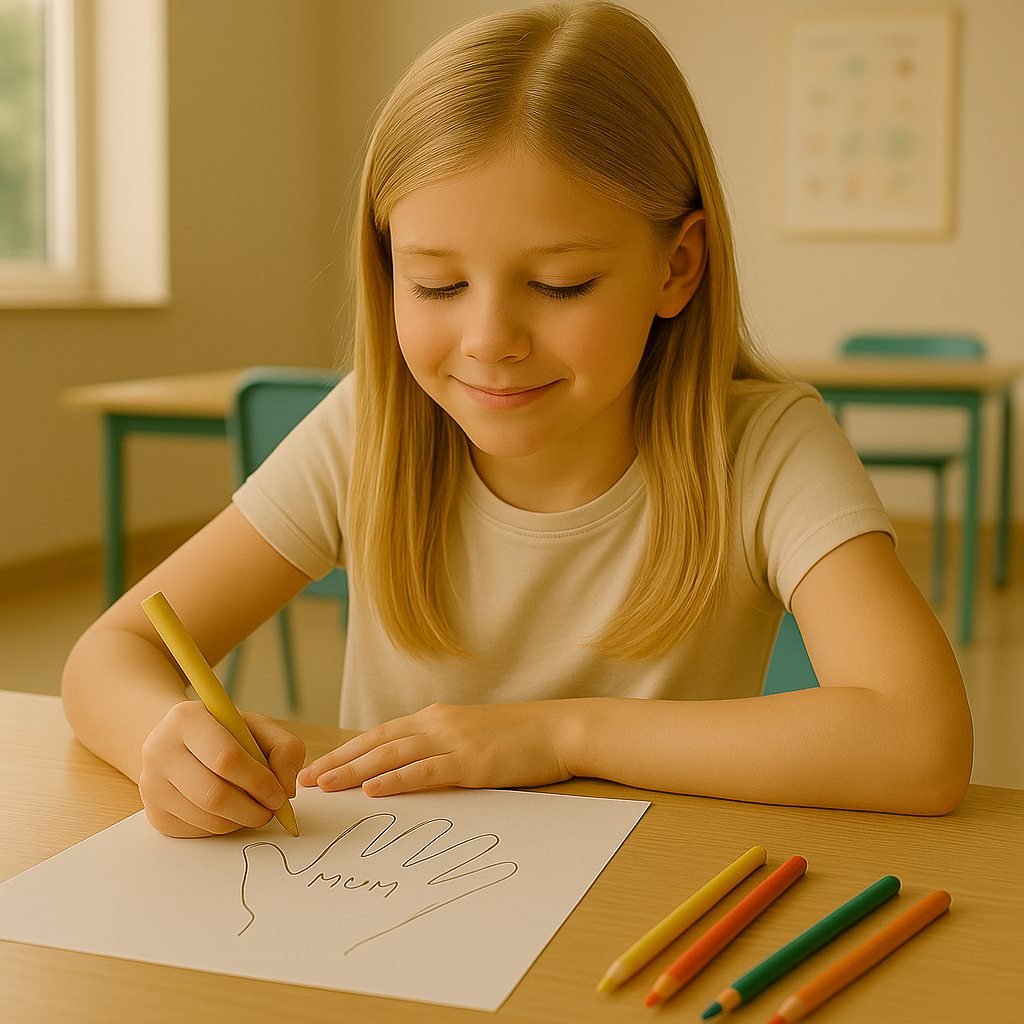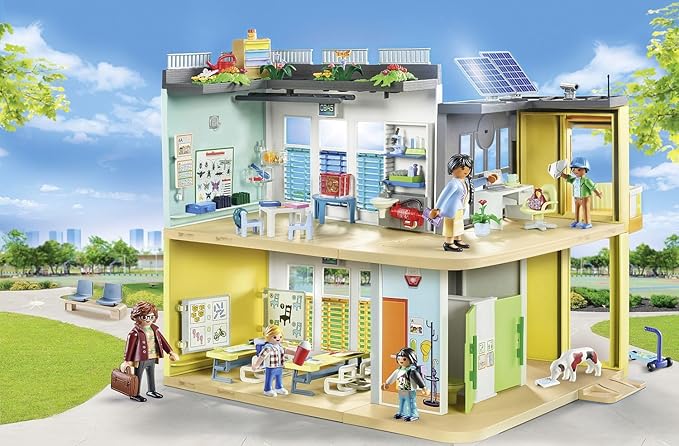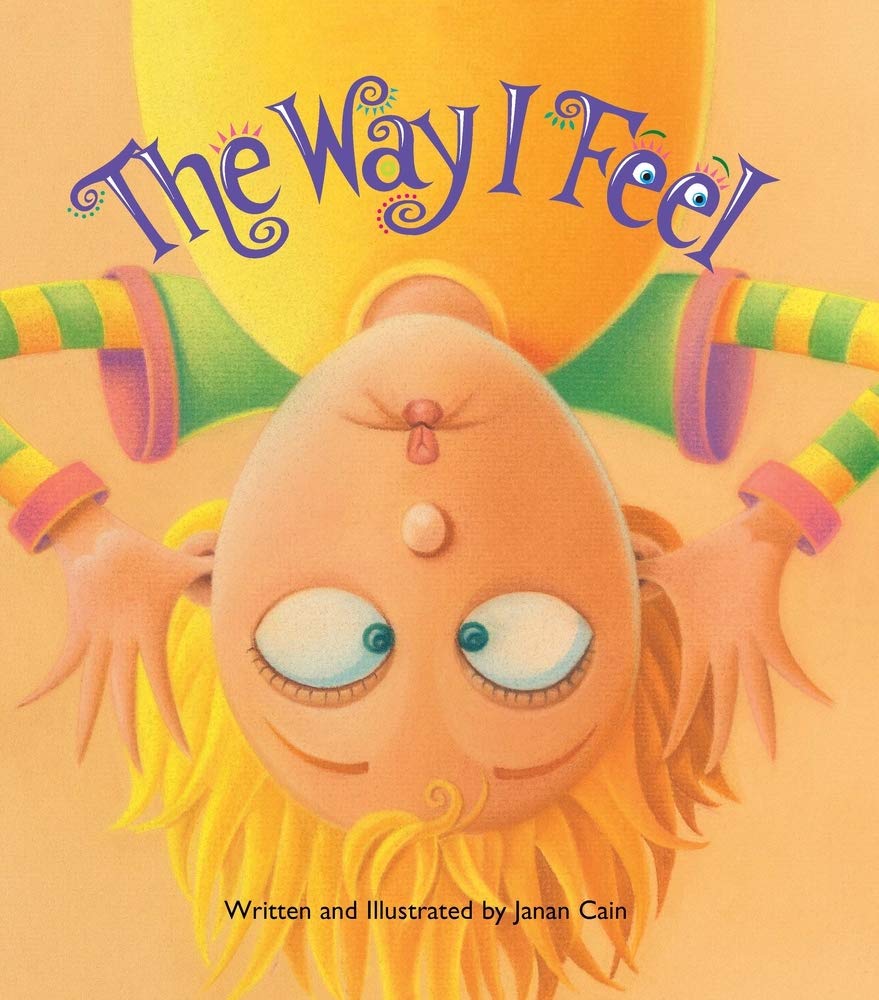Unlocking potential: The power of play for children
Play is often described as the primary occupation of children—and there’s a deep truth to that. Through engaging in playful activities, children not only familiarize themselves with the world surrounding them but also delve deep into understanding their own emotions, ambitions, and ways to connect with their peers. This form of learning is just as crucial to a child’s holistic development as the nourishment they get from a balanced diet. Play enables kids to channel their creativity as they enhance their imagination, agility, and their physical, mental, and emotional well-being. Play is vital for the healthy growth of the brain (Shonkoff and Phillips, 2000).
Play is flexible and comes in many forms. It could be playing with sand, playing computer games, or jumping in puddles. Kids sometimes play with friends, other times alone. They might chat loudly or just think quietly. Play can be messy and loud or calm and quiet.
Play is also simple. Kids don’t need the newest toys to have fun. They just need time, space, and freedom to explore what they like. And through play, they learn a lot.
BENEFITS OF PLAY
- Improves emotional development:
Play holds a fundamental role in a child’s emotional development. It offers them a safe environment to navigate and express their feelings, helping them to better understand and manage their emotions. When engaged in pretend or role-playing games, they can tap into a spectrum of emotions, from joy to sadness. Playing with others allows children to step into different roles, fostering an understanding of other perspectives and nurturing empathy. Social and structured games also help children develop self-regulation by adhering to norms and managing emotions like anticipation or frustration (Shafer, 2018). Additionally, activities such as drawing or physical games offer relief from stress and a way to process challenging emotions. Through structured games, children come to understand boundaries, experiencing both the sense of achievement that boosts their self-esteem and the challenges that teach resilience.
- Enhances intellectual development:
Engaging in play not only offers immediate enjoyment but also serves as a powerful catalyst for children’s intellectual development. Through various playful activities, children refine their problem-solving skills, broaden their understanding, and foster innovative thinking. Simple activities, such as building with blocks, drawing, or enacting role-play scenarios, allow children to practice counting, categorizing, and identifying patterns, while also enhancing their spatial and narrative skills (Shafer, 2018). Moreover, play directly influences the development of the prefrontal cortex, a critical region of the brain. This area is pivotal in determining how children learn, process complex information, make decisions, tackle challenges, and perceive their environment (Punkoney, 2020). By playing, children also learn to experiment, test boundaries, and adapt – essential tools for intellectual growth and adaptability in later life.
- Boosts imagination and encourages creativity:
Play is a potent tool for nurturing imagination and creativity in children. It offers a secure environment for them to experiment and explore without the fear of failure. When children role-play, create art, or engage in pretend games, they expand their imaginative horizons by visualizing different scenarios and characters. Additionally, play often challenges them, prompting problem-solving and creative thinking. Collaborative play with peers introduces them to diverse perspectives, encouraging brainstorming and collective problem-solving, abilities that are essential for future learning and tackling challenges (Schrader, 1990). Through these playful activities, children learn flexibility in thinking and cultivate a strong foundation for creativity that benefits them throughout their lives (Bergland, 2013).
- Promotes physical development:
Children have a natural tendency to be active. This urge to move is more than just restless energy; it’s their way of engaging in Physical Play. Such activities aren’t just about burning off energy but are vital for learning body coordination and enhancing neural pathways. Besides being an enjoyable activity, it’s also an effective way to ensure kids stay fit and robust.
Consistent engagement in physical activities sets the foundation for enduring health advantages that persist as they grow older. Through activities like sports, outdoor games, and dance, they hone their strength, muscle management, coordination, and reflexes. By challenging themselves – be it speeding down a slope or diving underwater – they cultivate a spirit of risk-taking which can inspire bravery in other situations (Schrader, 1990).
- Improves social development:
Through engaging in play, kids develop self-awareness and grasp the intricacies of their social environments. Play allows children to navigate and comprehend varying cultures, communities, and relationships (Paris, Beeve, & Springer, 2021). Additionally, when playing with others, children become attuned to social cues, cultivating listening skills, and adopting alternative perspectives, fostering the growth of empathy (Shafer, 2018). Play demands synchronized efforts, encompassing goals, actions, and insights. For instance, from a young age, kids begin to understand the concept of sharing, like when they exchange toys. Such moments pave the way for forging friendships, offering children an added layer of comfort and backing beyond what their parents provide.
In conclusion, play is much more than just fun for kids; it’s a key part of how they grow and learn. Through play, children learn about their emotions, think in new ways, use their imagination, move and stay healthy, and make friends. Whether they’re building with blocks, acting out stories, or playing sports, they’re gaining important life skills. Every time children play, they’re preparing for the future, learning to handle feelings, solve problems, work with others, and be creative. Simply put, play sets children up for success in life. Encouraging play is one of the best things we can do to support our children’s development.
REFERENCES:
Bergland, C., 2013. Childhood Creativity Leads to Innovation in Adulthood. [online] Psychology Today. Available at: https://www.psychologytoday.com/us/blog/the-athletes-way/201310/childhood-creativity-leads-innovation-in-adulthood [Accessed 14 August 2023].
Paris, J., Beeve, K. and Springer, C., 2023. Introduction to Curriculum for Early Childhood Education. [online] LibreTexts. Available at: https://socialsci.libretexts.org/Bookshelves/Early_Childhood_Education [Accessed 18 August 2023].
Punkoney, S.M., 2020. Play Impacts Early Brain Development. [online] Stay at Home Educator. Available at: https://stayathomeeducator.com/play-impacts-early-brain-development/ [Accessed 14 August 2023].
Schrader, C.T., 1990. Symbolic play as a curricular tool for early literacy development. Early Childhood Research Quarterly, [online] 5(1), pp.79-103. Available at: https://doi.org/10.1016/0885-2006(90)90008-o [Accessed 14 August 2023].
Shafer, L., 2018. Summertime, Playtime. [online] Harvard Graduate School of Education. Available at: https://www.gse.harvard.edu/ideas/usable-knowledge/18/06/summertime-playtime [Accessed 10 August 2023].
Shonkoff, J.P. and Phillips, D.A. (eds.), 2000. From Neurons to Neighborhoods: The Science of Early Childhood Development. [online] Washington, DC: National Academy Press. Available at: https://pubmed.ncbi.nlm.nih.gov/25077268/ [Accessed 25 July 2023].




